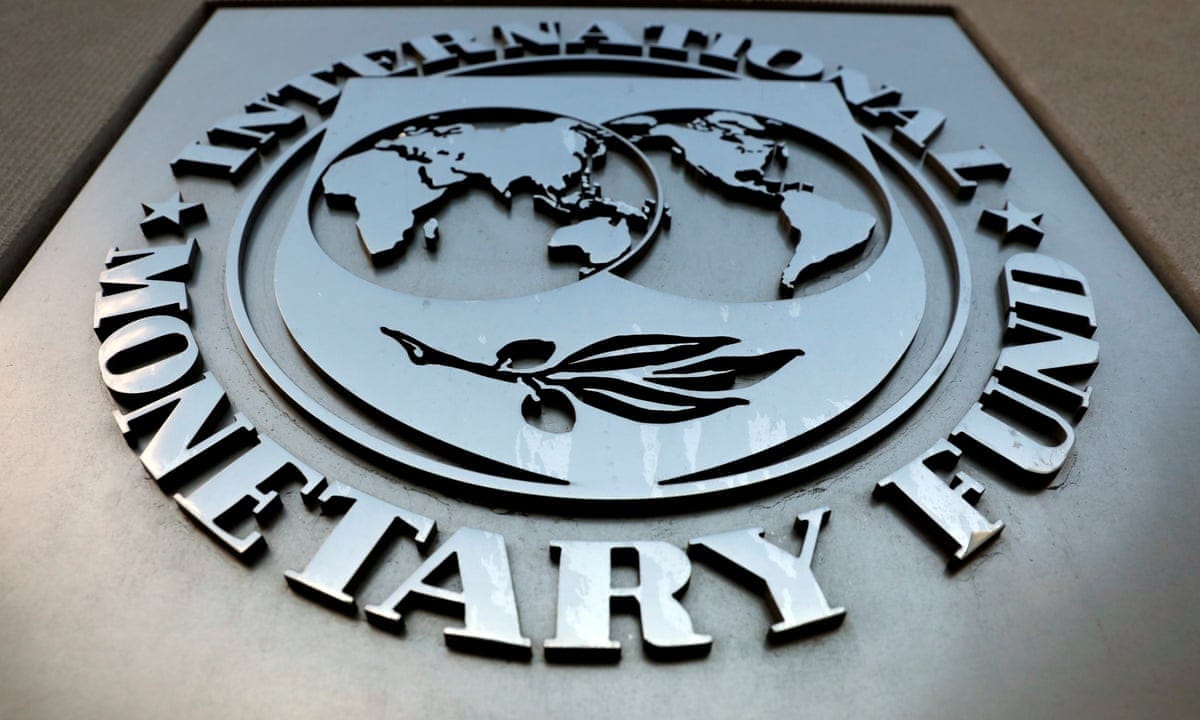In July 1944, exactly 80 years ago, delegates from 44 countries convened in an inconspicuous New Hampshire village to discuss what would become known as the Bretton Woods Agreement—a pivotal accord establishing the International Monetary Fund (IMF). Reaching this landmark age of 80 years is a significant milestone for many, yet for the IMF, it underscores an urgent need for reform.
The call for essential reforms within the IMF has been clear; however, their implementation remains pending. For instance, providing members with regular annual allocations from its own financial tool—special drawing rights (SDRs)—would offer a viable alternative to reliance on the US dollar and assist in addressing persistent global imbalances.
Moreover, enhancing efficiency in organizing debt restructuring for less affluent countries is paramount. The IMF's Common Framework has yet to meet expectations, necessitating greater collaboration with China's government and financial institutions—a notable point of improvement given their unfamiliarity with the duties of a sovereign creditor.
The IMF faces challenges in its surveillance role; while emerging economies are held to rigorous standards, developed nations like the US face less scrutiny. The institution must also intensify analysis on cross-border impacts from policies enacted by large countries—a task often neglected due to political pressures.
Lending practices at the IMF require a modern approach that decouples loan size from outdated quotas and lowers interest rates for middle-income countries, which are unduly burdened by current structures.
For leadership within the IMF, an open competitive selection process is advocated—a stark contrast to historical European-favored appointments. Such a move would ensure that expertise takes precedence over nationality when choosing a managing director.
Acknowledging its limits, the IMF should refrain from expanding into areas beyond its primary mission of ensuring economic and financial stability—a misstep previously demonstrated in ventures addressing gender equity or climate change without corresponding expertise. These matters are better suited for institutions like the World Bank, which focuses on long-term development initiatives.
The core strengths of an IMF with a narrowed mandate include increased responsiveness to financial crises and faster decision-making—an attribute absent in its current state due to political interference from executive boards. However, without reforming its governance structure, which currently grants the US veto power over key decisions while underrepresenting Europe and China, achieving greater independence remains a lofty aspiration.
Proposing reforms for the IMF is not difficult; however, enacting them requires significant shifts in international cooperation—particularly from longstanding powers such as the US and emerging global players like China. Such an endeavor would mark an important step towards a more collaborative future on the world stage.
Read next

Ryanair plane had only six minutes of fuel upon Manchester landing, records show
Flight Narrowly Avoids Disaster After Storm Diversion
An inquiry has been launched after a Ryanair flight, struggling against severe winds during storm Amy last week, landed at Manchester Airport with only six minutes’ worth of fuel remaining.
The aircraft had been transporting passengers from Pisa, Italy, to Prestwick, Scotland, on

"Qantas customer data for 5 million exposed as hackers release info post-ransom deadline"
Hackers Leak Personal Data of 5 Million Qantas Customers on Dark Web
A cybercriminal group has released personal records of 5 million Qantas customers on the dark web after the airline did not meet their ransom demand.
The breach is part of a larger global incident affecting over 40 companies,

Investors flee record-high UK stocks as EU set to hike steel tariffs
Investors Withdraw Record Sums from Equity Funds Amid High Market Valuations
Data reveals that investors in the UK have withdrawn an unprecedented amount of money from equity funds over the past three months, driven by concerns over soaring stock market valuations.
According to the latest figures from Calastone, the largest

